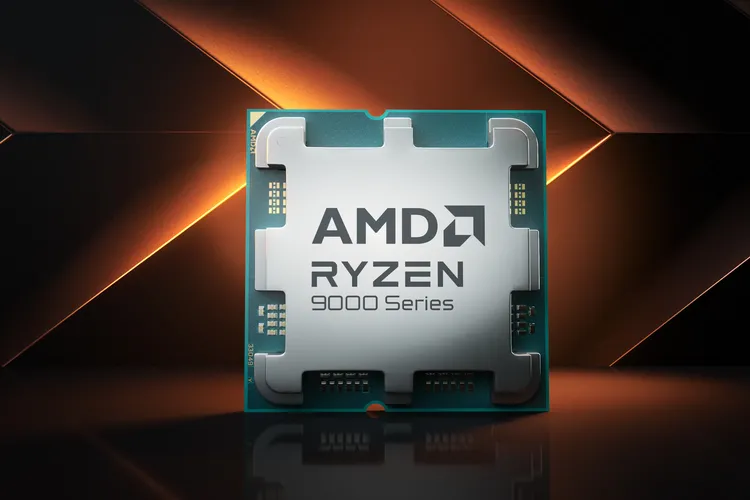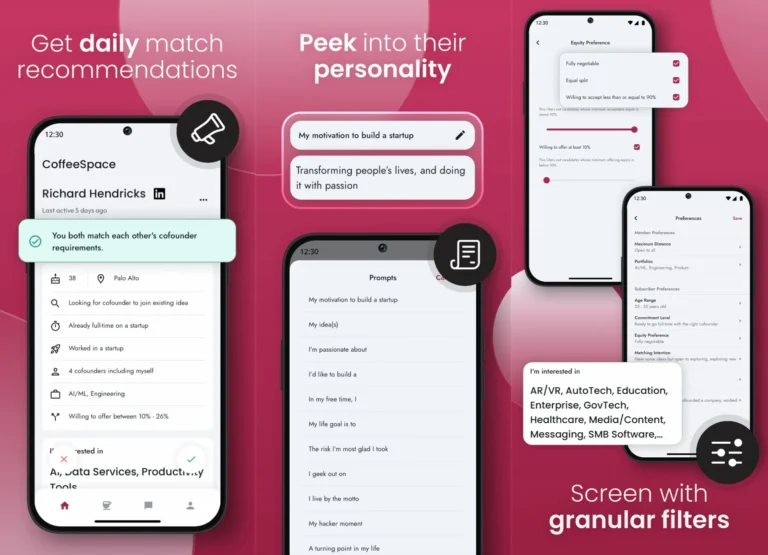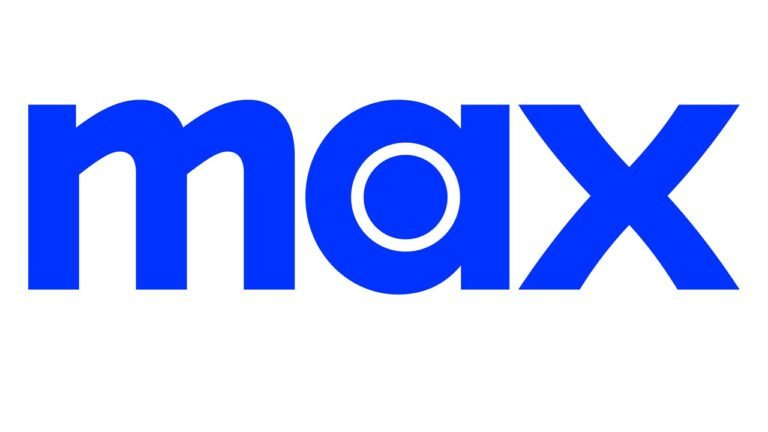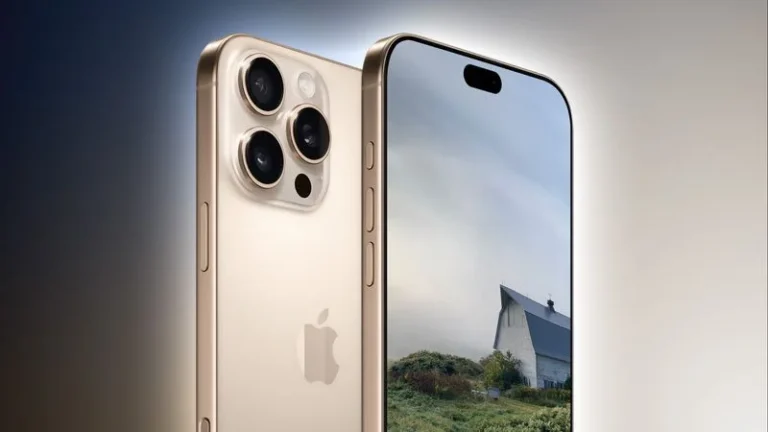Trending post
China’s search engine market leader and a prominent artificial intelligence (AI) player, Baidu Inc, is getting ready to launch its own smart glasses equipped with an AI assistant. The product is going to directly compete with Meta’s AI-powered Ray-Bans that have gained much success for itself as AI-led hardware. Baidu will be showing off the glasses at its Baidu World event in Shanghai next week. The smart glasses will come equipped with built-in cameras for taking pictures and video recording and use voice interactivity through Baidu’s Ernie foundation model.

This is part of Baidu’s bigger play into AI technology and forms part of its efforts to expand its hardware business line. This comes after other AI hardware releases globally. These include Microsoft’s AI-enhanced range of Copilot+ PCs and the much-publicized but more unfruitful Humane Ai Pin. To be fair, even though the media and consumer markets reacted very poorly to some of the AI hardware releases from this year, Meta’s smart glasses, a collaboration with Ray-Ban manufacturer EssilorLuxottica, have been doing quite well. In fact, it has become one of the standouts in the AI-powered wearables market. Meta said it saw more demand for its smart glasses than supply, and thus the glasses have become a new growth driver for parent company EssilorLuxottica.
Baidu, based in Beijing, is leveraging a decade of experience in AI development to break into this new, promising market of AI wearables. Its smart glasses will be tailored to integrate with Baidu’s suite of digital services, which includes the immensely popular maps application, as well as the online encyclopedia, Baike. It is expected to be sold at a price lower than that of Meta’s $299 Ray-Ban glasses, although the company has yet to set a price point. The insider said the firm can begin sales as soon as next year, 2025. This would mark the next significant move in Baidu’s strategy on AI and hardware.
Launched by Baidu’s hardware unit Xiaodu in 2020, smart glasses are just one product in a connected product line that have fast-tracked Xiaodu into the Chinese market so far with voice-activated speakers and wireless earbuds that also plug into a far broader content ecosystem of Baidu. Xiaodu raised big funding from investors such as IDG Capital in 2020 and was estimated to be worth $2.9 billion. It has since evolved to be one of the focal points of Baidu’s efforts to create and put into service AI-enhanced devices for consumers.
Baidu led the early charge in China’s AI chatbot market with its Ernie Bot, but challenges abound; not least of which is the challenger ByteDance’s Doubao, which has surprisingly surpassed Ernie Bot in terms of usage. Baidu’s position in the AI market has been contested with newer and faster-moving entrants. The top executives at Baidu also said that while incorporating more AI-generated content to the company’s search results may be an innovation of the future, it could short-term impact advertisement revenue since the traditional search model that generates revenue is disrupted with AI-driven results.
With this foray into AI-powered smart glasses, Baidu is looking to regain the top position for innovation in China’s tech space. Already, quite a few Chinese hardware startups have introduced their own AI glasses with cameras, open-ear audio, and more for niche uses like translation and navigation. New entrants will be competition for the upcoming Baidu glasses that have to stand out in the fast-growing market.
Apple Inc. is also reported to be researching the AI glasses niche, where internal research is being conducted in the efforts to build an understanding of the market at this point in time and the feasibility of creating the company’s product in this niche. If Apple were to decide to do so, this would likely be a significant position for the company to take in the sector, considering the brand and previous success the company has had with wearable products like the Apple Watch and AirPods.
Baidu will look to expand its reach in the wearables market by capitalizing on this growing demand for AI-enhanced products by this device. With successful smart glasses, it would represent one significant step forward for Baidu in reshaping the future of consumer technology for China and beyond.
source:bloomberg












